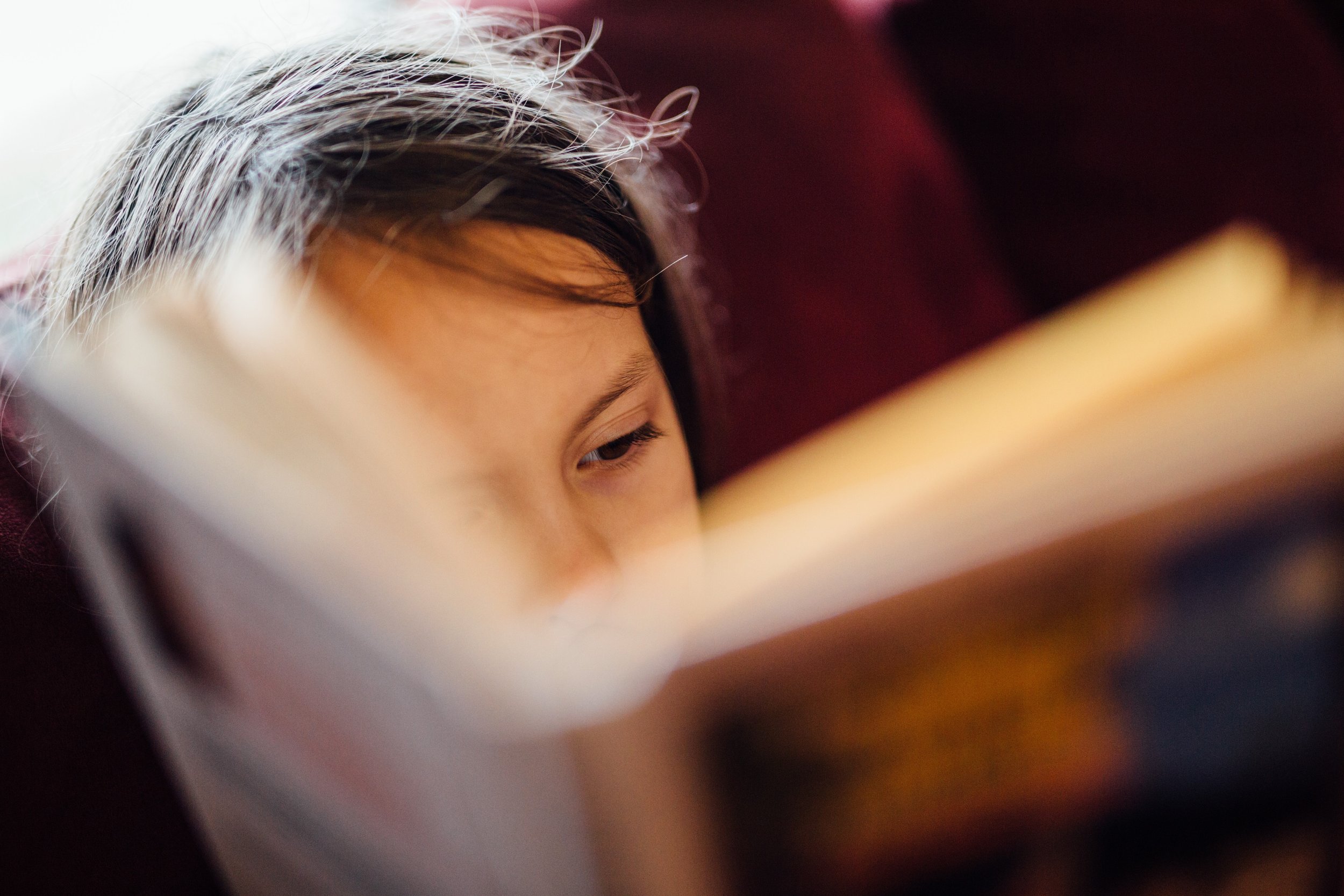How to Nurture Your Child's Emotional Intelligence: Truly Understanding Emotions.
Can we just take a moment to appreciate the intense nature of this journey we call parenting? One moment we're riding high on the joy of our child’s , and the next we're knee-deep in the struggle of a full-blown tantrum.
It's not always easy, but it's always worth it.
One of the biggest challenges we face as parents is helping our kids understand and navigate their emotions. We've all seen those intense feelings bubble up and explode, leaving us wondering...
What can I do to help?
There are some beautiful ways in which we can help our kids tune into those emotions so they can learn to manage them or start to regulate them. So, if you're a parent struggling to help your child navigate their emotions, keep reading!
Breaking Free From the Behaviour Management Trap.
Alright, let's get real for a minute. Our culture has been hooked on the idea of ‘managing behaviour’ for way too long. It's like we're all trying to mould our little ones into these obedient robots who never step out of line.
Yes, we want our kids to be respectful and kind. But what about all the other amazing qualities that make them who they are? We want them to be successful, driven, hardworking, resilient, and empathetic—all while still being their unique, quirky selves.
Instead of focusing solely on behaviour, we absolutely must shift our perspective and start celebrating our kids for who they are. After all, they're pretty incredible human beings, the more we encourage their individuality, the more they'll thrive. So let's break free from the behaviour management trap and embrace the wild, wonderful world of parenting with all its ups and downs!
From happy tears to angry outbursts, our emotions shape who we are.
"Don't show anger, showing disappointment is rude. Deal with it in your room until you can come out and be happy."
Emotions are not just thoughts in our head - they are also physical signals that originate from our bodies. Think of the fluttery sensation in your heart when you're nervous, or the sick feeling in your stomach when you're under pressure. Although we may be prone to ignoring these signals as adults, they can provide valuable insights into our current state of being.
Our emotions are a fundamental part of who we are - from the happiest of tears to the angriest of outbursts, they shape our identity.
Growing up, a lot of us were taught to hide our emotions and put on a brave face. It wasn't always explicitly stated, but we learned that certain emotions were not acceptable. We were told to bottle them up, be on our own and come back when we were happy.
But that's NOT healthy, and it's NOT fair to a child.
In my personal experience, I used to suppress my feelings and disregard the physical sensations that came with them, even in situations where I was objectively safe, like doing a talk in class. This way of thinking put me in some stressful situations that could have been avoided if I had learned to recognize and honor my emotions.
When your kids act up, it's easy to feel like you're hitting a wall.
I invite you to dive deeper and uncover the emotions driving the show. Our little ones may be driving us to our wit's end, but there's a whole ocean of emotions brewing beneath the surface that can make even the calmest waters turbulent. We can't just glide over the surface; we need to take the plunge and navigate the depths to understand what's driving their behaviour. And as emotional sherpas, it's our responsibility to guide them through their feelings and towards emotional intelligence and smoother sailing.
While the journey towards emotional intelligence takes effort, the rewards of raising emotionally resilient kids who can manage and shift their behaviour are priceless.
Who knows? You might even discover something new about your own emotions.
Teaching kids to tune into their emotions and physical signals.
We forget that emotions are a natural part of being human, just like having an elbow or a heart! As adults, we often dismiss our own feelings and body signals, and we risk passing that mentality onto our kids. This can lead them down a dangerous path of not recognising when something doesn't feel right and not knowing how to handle it when they feel overwhelmed or upset.
It's our responsibility to teach our kids to recognise and express their emotions in a healthy way and not be afraid of seeking help when they need it. By changing the narrative around emotions and valuing them as a crucial part of our well-being, we can create a safer and more empathetic world for ourselves and our kids.
Emotions are not a sign of weakness, but a valuable part of our well-being.
So let's start honouring those feelings and showing our kids that it's okay to do the same! Teaching kids to tune into their emotions and physical signals may take some practice, but it can be a game-changer for their behaviour and emotional well-being. Plus, it might even help us adults better understand our own feelings too!
And remember: our emotions are just as much a part of our humanity as our physical bodies.
Please share your thoughts on this. Let me know what your key takeaways were, and if you have any questions, feel free to ask them in the comments.
And if you want more tips on emotionally intelligent parenting, join our Facebook community! Plus, I'm excited to offer some awesome online workshops and masterclasses this year - check out my website for more details. Let's team up and Raise Emotionally Intelligent Kids!



